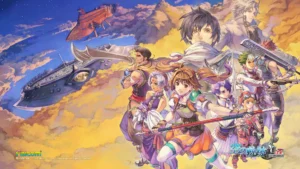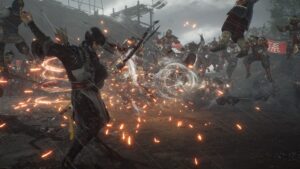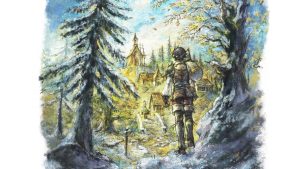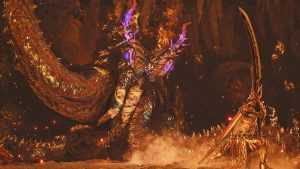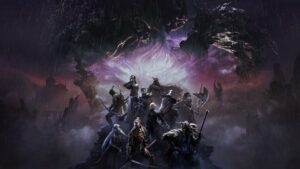
Season: A Letter to the Future describes itself as an atmospheric bicycle road trip, and it mostly sticks true to this rather straightforward vision for the majority of its runtime. Scavenger Studios’ latest adventure is an intriguing tale about the nature of change that’s told with expertise. However, some minor annoyances in the moment to moment gameplay prevent it from soaring the great heights that it could but it’s a largely solid game with plenty to love.
Season starts off in the village of Caro, an isolated remote place in the mountains that’s largely unaffected by the world altering events and advancements of the outside world. The game calls these changing times as Seasons, and another Season is coming to a close. And because this new Season will wipe away most if not all memories of the past, someone must go out on a quest to capture the essence of this season through sounds, experiences, and pictures to carry it on to the next Season.
This is where Estelle, our young protagonist comes into play who is obviously the chosen one for this task and thus, must now embark on this road trip with her tools and wits. The story begins on the day of her departure from the village, and the prologue familiarizes us with Estelle as a character and the culture of her hometown before things kick into gear and Season finally puts you on the road. Season’s plot dabbles in important themes like uncertainty, fear of change, and preservation of the past and it smartly uses elements like magic to craft a compelling story worth seeing through to the end. Season keeps the story minimalistic and purposefully open-ended, which allows players to come with their own interpretations of this narrative.
"Season’s plot dabbles in important themes like uncertainty, fear of change, and preservation of the past and it smartly uses elements like magic to craft a compelling story worth seeing through to the end. "
The game takes place in Tieng Valley, a humble abode laced with lush green farms and beautiful forests all around. Sadly, the place is at a risk of falling prey to a dangerous flood because of a leaking water dam. So, an evacuation operation is raging in full force by an organization called the Grey Hands when you arrive here. But you are free to explore this place at your own will, and you can choose to do that either on foot or bicycle.
You have a trusty camera that can be used to click pictures of anything that catches your fancy, and you get a sound recorder that, well, records sounds from the environment. The majority of your time will be spent exploring the environments and capturing details for your journal which are called Keepsakes. You see, Estelle doesn’t really know much about the world other than her village and seeing her disgusted at the concept of ice cream sourced from the milk of an animal or intrigued by the irritating noise of a motor engine genuinely put a smile on my face.
Once you collect enough Keepsakes for a particular page, you will earn conclusions and stamps that can be used to decorate your pages. While most pages in your journal don’t require collecting any specific keepsakes, some pages will task you with clicking certain photos and obtaining documents which will result in an interesting revelation.
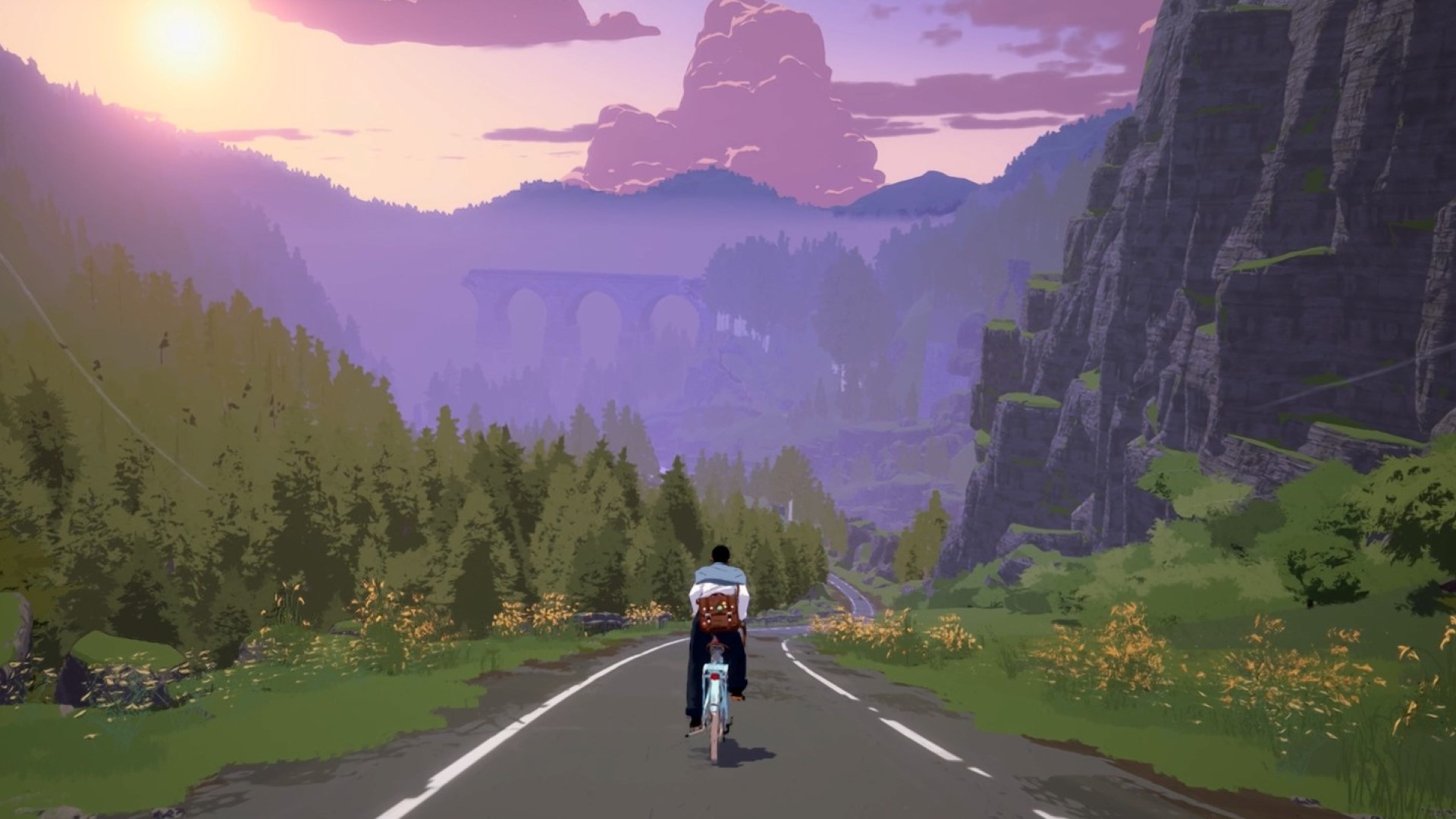
" While most pages in your journal don’t require collecting any specific keepsakes, some pages will task you with clicking certain photos and obtaining documents which will result in an interesting revelation "
Tieng Valley is filled with many such mysteries which result in interesting details about the culture of the place and also the true reality of the whole situation, so you need to be thorough with your exploration to have a chance at getting them all during your time exploring the valley.
You will also get to meet a handful of friendly faces in your journey, who also have to leave their homes in face of this natural calamity. Each of these characters are well-written, and their tragedies are heart-wrenching and relatable. For instance, an old artist fears about being forgotten when the Season ends while a family fears having to shift from a huge farm to a small apartment in the city. You get to have long and deep conversations with these people, and you can also collect mementos from these visits to carry it to the next season.
There is very little hand holding in Season, and with the exception of a few hints on the map and the environment, the game doesn’t really tell you what to do and where to go. There is no heads up display, no incessant menus for crafting or skill trees, no map markers and your only navigational aid is a traditional map which can be accessed through your Journal. As such, you will need to pay attention to conversations and remember the details to figure out where to go and what to do next.
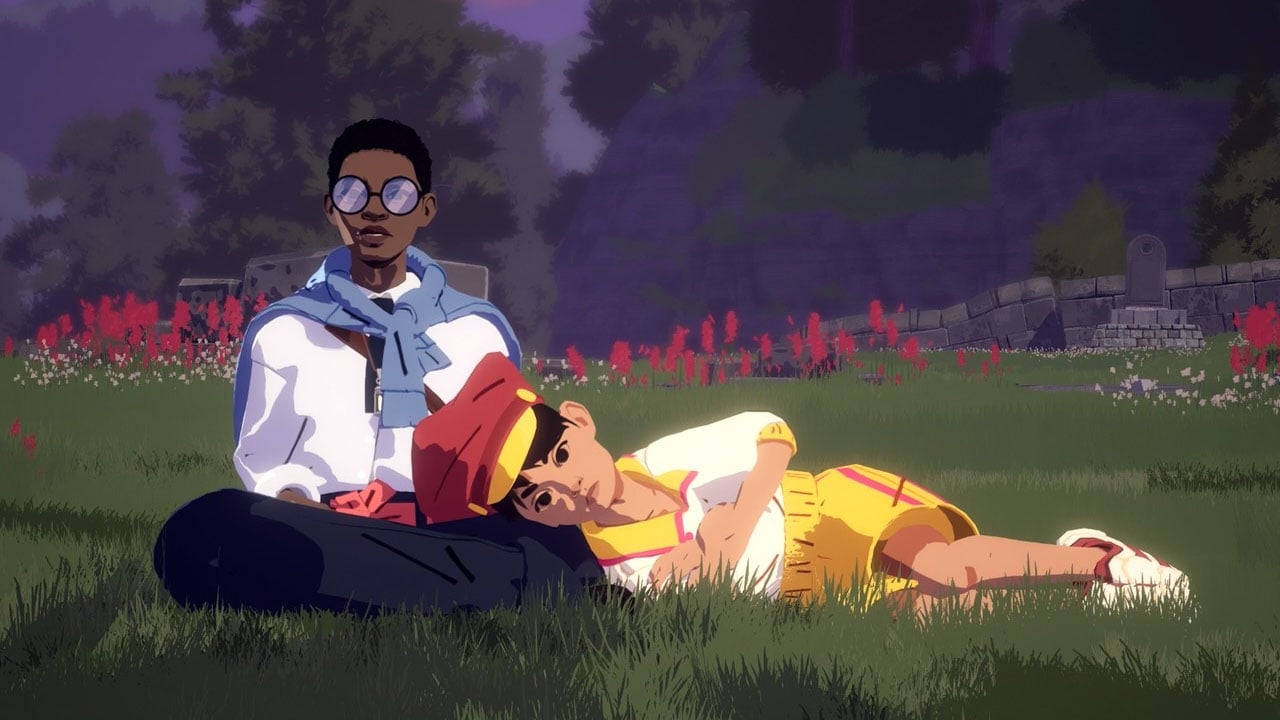
"There is very little hand holding in Season, and with the exception of a few hints on the map and the environment, the game doesn’t really tell you what to do and where to go."
Scavenger Studio did a remarkable job with Season’s art style which is heavily inspired by oil paintings. The character designs are simple but endearing and smart use of colors really breathe a lot of life into these environments. There are moments where you will be approaching a beautiful vista whilst on your bicycle, and the camera subtly pushes back to perfectly frame the scene which looks absolutely serene.
This minimalist design philosophy extends over to the soundscapes as well, which are mostly environmental sounds ranging from the subtle thudding of water against rocks to the swaying of trees to a thunderous horn far away in the distance. Whatever background music is there is kept to a minimum, which seems appropriate for this kind of an experience.
Season: A Letter to the Future isn’t a particularly long game as per se. It took me a little over 7 hours to see it through to completion, and that included going off the beaten path in search of additional mysteries. There’s still quite a bit left to uncover and find, so those wanting a 100% completion might get a little more mileage out of the game.
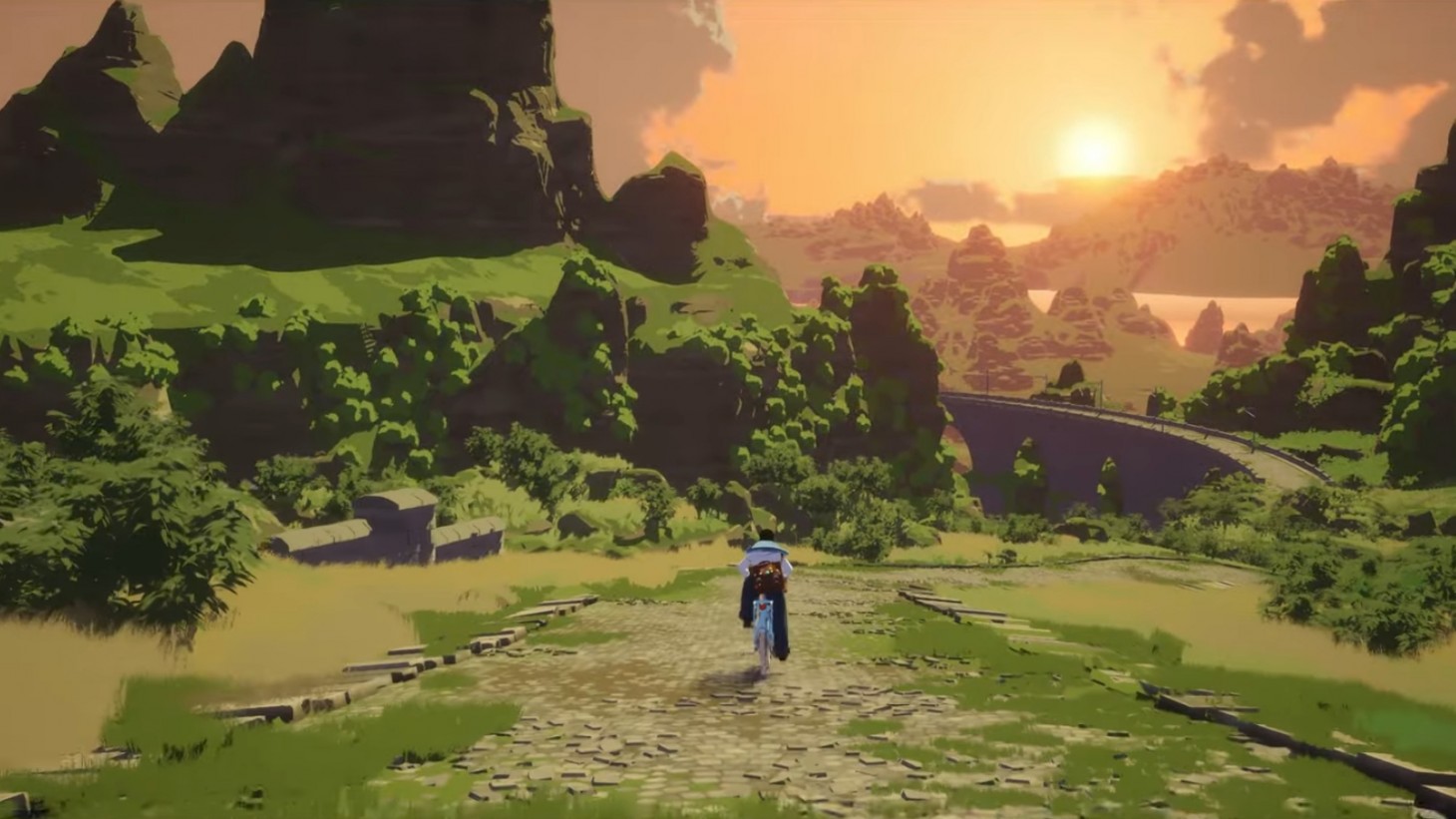
"Where Season fumbles is in terms of general polish. Season never feels as smooth as it should, which is saying something because the core gameplay is just so simple."
Where Season fumbles is in terms of general polish. Season never feels as smooth as it should, which is saying something because the core gameplay is just so simple. Riding the bicycle can feel really floaty at times, which can start to get a bit frustrating as you keep playing. Furthermore, you can’t view the map while you are riding. So, you have to do an awkward dance of applying the brakes, getting off, and then pressing another button every time you want to view the map. Another nuisance I faced was getting stuck on terrain when off-roading alongside some weird graphical glitches in cutscenes.
In conclusion, Season: A Letter to the Future is a game that has a lot to say and it manages to do that while having a gameplay loop that’s laid back and relaxing in nature. The characters are well-written, and the art style looks fresh and appealing. While some minor design nuisances can get in the way of fun, Season remains a game worth experiencing through to the end.
This game was reviewed on the PlayStation 5.
Great art direction; meaningful and intriguing story; well-written characters; relaxing gameplay
Unpolished controls; few graphical glitches here and there











